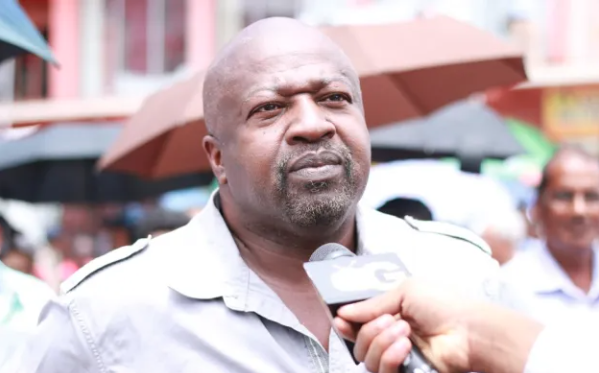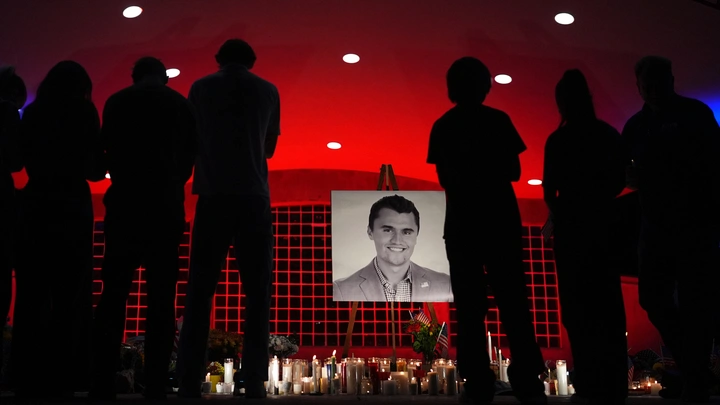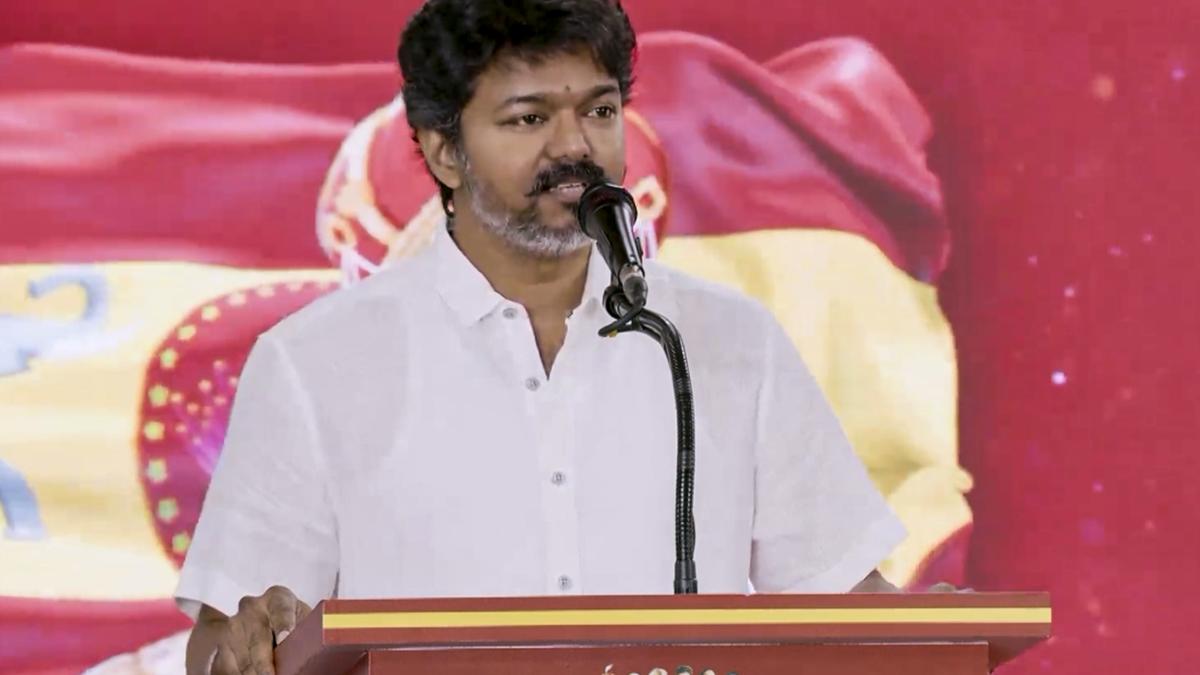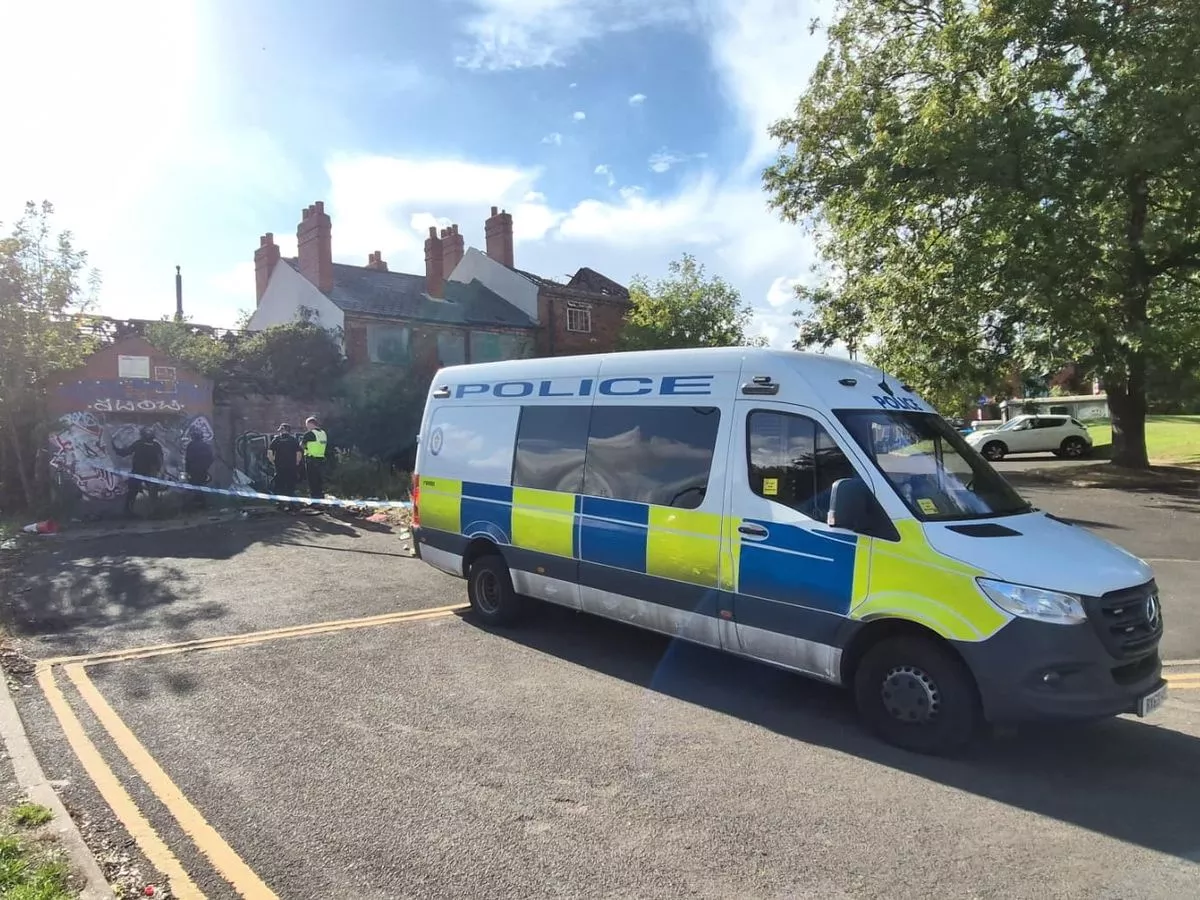September 1st will go down in the annals of history as the day Africans in Guyana made their greatest political post-independence mistake
By Stabroek News
Copyright stabroeknews

Dear Editor,
I have written three letters on matters related to the 2025 General and Regional Elections. Now that the elections are over, I am returning to the subject to share my take on the outcome with the nation.
To make my present task easier, and to be frank with readers, let me state up front what I did not expect as possible outcomes in the elections. These are, the low voter turnout, the WIN party replacing APNU as the main parliamentary opposition with a huge margin, and the PPP’s seven-seat majority. I expected a close finish between APNU and the PPP, with WIN in third place. That was my best judgement.
I now return to the main focus of the letter. Fair and free elections boiled down to the following: (1) voter participation (2) a level playing field (3) a credible voters list, (4) a non-partisan election commission; (5) restrictions on the spending of the incumbent (6) parties organization not only at election period but through-out the five years span; (7) money; (8) a resistance culture; (9) the absence of vote buying; and (10) the inevitable influence of external forces on the population and the election actors. All these factors shaped the election outcome. Beyond the issues already mentioned, the support of sections of the African population for WIN and PPP stemmed from years of economic hardship and desperation, rather than from any embrace of multi-racial politics, as some claim. It also reflected frustration with the opposition’s failure to practice resistance politics, especially the APNU, the main force within the opposition. Of equal importance was the failure of the African collective to turn the (2023) Local Government Elections into an African and Guyanese uprising to achieve its political objectives. The PNC fought to preserve political space but failed to grasp the limits of that strategy. They ignored the obvious reality: a political uprising would have prevented the government from reshaping the composition of the local bodies. By taking the position they did, the PNC played directly into the hands of the PPP and its internal and external allies. In the end, they forced the PNC/APNU and the African community into elections under conditions that guaranteed its defeat. Since our community was not “battle-ready”, we needed a major pre-election struggle to energize the base and to allow the young generation voters to experience our collective strength. We failed to do so. Instead, we entered the elections with our collective weakness, which negatively affects our base. Unfortunately, it produced a disastrous outcome.
The issue of why there was no APNU/AFC coalition was a major concern for the opposition base. This failure negatively impacted the opposition, leading to voter apathy and, more importantly, a shift in support to the WIN party. But the real question is whether a coalition was possible? Let us interrogate the matter. An objective analyst will show that Norton and the APNU were always committed to a coalition; it was the AFC that was not. Their position, as stated publicly, was for a minority government, which meant depriving either the PPP or the APNU of a majority, thereby shifting the political struggle to the parliament to force a compromise. It was public pressure that forced the AFC to engage the APNU in coalition talks. In doing so they engaged in a tactical “blame game” to make the APNU the problem. Once, the AFC publicly embraced the minority government strategy, the formation of new parties by defectors from the APNU convinced me that we were dealing with an election strategy driven by an agreement between internal and external forces aimed at reconfiguring the political landscape. After the 2020 elections, several young Guyanese politicians were identified and cultivated by the US and ABC countries. They were taken to overseas conferences and flattered through publicity. Notably among them were Amanza Walton-Desir, Tabitha Sarabo-Halley, and Simona Broomes, all MPs from the APNU. I reiterate my contention that a coalition between the APNU and the AFC was never a realistic expectation in these circumstances. Anti-APNU forces and the US did not want that development.
US Ambassador Nicole Theriot, after stating the US concern with Azruddin Mohamed’s election to parliament, somersaulted (got in line with Washington thinking) and said the US would find ways to work around the problem if Mohamed and his WIN party are in parliament. To Mr Mohamed’s credit, he maintained that the sanction matter would be resolved and not hamper his political march. The latter position proved to be correct. With the election results known, the PPP returned to office with a larger majority, the WIN party replaced the APNU as the main parliamentary opposition, and a smiling US Ambassador and US war jets flying over Georgetown, while President Ali was being inaugurated left no doubt where the US stood. They are pleased with the outcome even if it was not exactly what they had expected.
What are the possibilities going forward? Theoretically, the US can either honour its agreement with Mohamed or renege on its commitment; the evidence to date is in line with the former. One cannot separate the US’s current engagement in Guyana from its intentions regarding Venezuela. That being so, in the immediate situation, it would keep its promise to Azruddin Mohamed; doing otherwise would be a distraction from its Venezuela operations. Looking at the internal dynamics, the WIN party and its leader have to quickly translate their tremendous success into effective political capital or lose it. This is not an easy task with an entrenched PPP majority in the parliament. In the new parliament, the opposition is in a worse position than in the last parliament. Their presence will only legitimize the claim that Guyana is a multi-party parliamentary democracy if they fail to push for meaningful change. Politically, WIN has already lost the first round. They missed the opportunity to rally supporters in the streets to back their claims of either winning the election or being cheated. Instead, they have done nothing, and frustration is spreading within their ranks. Many supporters, whose backing is more transactional than ideological, see the decision not to mobilize as a loss of bread – and – butter income.
These individuals had placed their hopes in WIN to address their economic and social hardships. Now that reality has set in, WIN’s ability to function as an effective opposition with grassroots support is likely to collapse sooner than expected. Mohamed cannot continue to spend the huge sums of money he spent on the elections. His objective/commitment to doing so was to avoid prosecution in the US. Having achieved that objective, overachieving politically, and winning 16 seats, there is no incentive for him to continue to spend the family’s financial resources as he had done. Given the challenges, it is likely WIN will do worse than APNU in the last parliament.
Politically, WIN and the PPP have to either reconcile their differences and return to their historic alliance or turn their differences into a permanent, divisive struggle. In realpolitik terms, the PPP has the upper hand; it needs nothing from WIN. On the other hand, if WIN is to succeed, it needs to be given space in parliament by the PPP to help it be seen as an effective opposition. Realpolitik doesn’t allow the PPP that option; they will see helping WIN as self-destructive, and not in their interest. They will rather back-door PPP/WIN collaboration outside the public eye. Faced with these challenges, going forward, WIN will have to decide whether it has meaningful parliamentary leverage – or better off investing in street protests and resistance to keep its base and be politically relevant. It was this dilemma that faced the APNU/AFC, and they were found wanting.
The outcome of the elections is that Africans objectively contributed to their own domination. In WPA public meetings, in support of the APNU election campaign, we pointed out that the elections were about national issues and the future of the African community. I argue that while the nation’s interest will be addressed, there is no guarantee that African interests will be addressed. Our logic was clear; all the contesting parties had no explicit commitment to African interests to the extent required, except for the WPA. The election results demonstrated the profound crisis in the African community that cut across all sectors: political, social, economic, religious, cultural and the youth. Africans’ contribution to their own domination vindicates the UN observation in its advocacy in the Decade for People of African Descent, that the historical damage from transatlantic slavery on our people and communities leaves us vulnerable and unprepared to deal with the survival challenges.
As a community, we must confront the reality of the election outcome and engage in serious self-criticism, both privately and publicly. While the results represent our collective failure and responsibility, it would be wrong to let those most accountable escape scrutiny. Avoiding blame where it is due is counterproductive, given the gravity of the situation. The younger generation of politicians, especially those who broke away from the APNU to form their own parties, chose to support a potential minority government, a decision that exposed their political immaturity.
This reflects a failure to grasp the historical moment and the transformative impact that oil will have on the country. Even more troubling is the lack of awareness of the potential negative consequences for the African community within a winner-take-all political system and an economy where the rich grow richer while the poor are left further behind. Their infantile politics, instead of creating a minority government, produced a stronger majority government, leaving the African community in its worst post-independence political situation. Political and economic power are now in the hands of two Indian led entities, and ironically, they both were instrumental in creating African economic and psychological marginalization in the country.
In conclusion, I ask these young generation politicians on which planet they are living on with their split vote advocacy? September 1st 2025, will go down in the annals of history as the day that Africans in Guyana made their greatest political post-independence mistake by facilitating their own domination. While the APNU/PNC will recover and contribute to the struggle for national interests, it will not be a vanguard for the protection of African interests. Since its financial situation (dependent on money outside our community) will force the party away from that advocacy. Contesting elections requires mega millions and Africans can’t compete. Our destiny lies in the much-postponed struggle to change the governance system in the country, ending winner-take-all politics but the election results are a setback to that line of struggle. We are now in money-takes-all politics. Now that the elections are over, the US is happy, the PPP is happy, Mohamed/WIN is happy, and the African community is in shambles.
Yours sincerely,
Tacuma Ogunseye.



